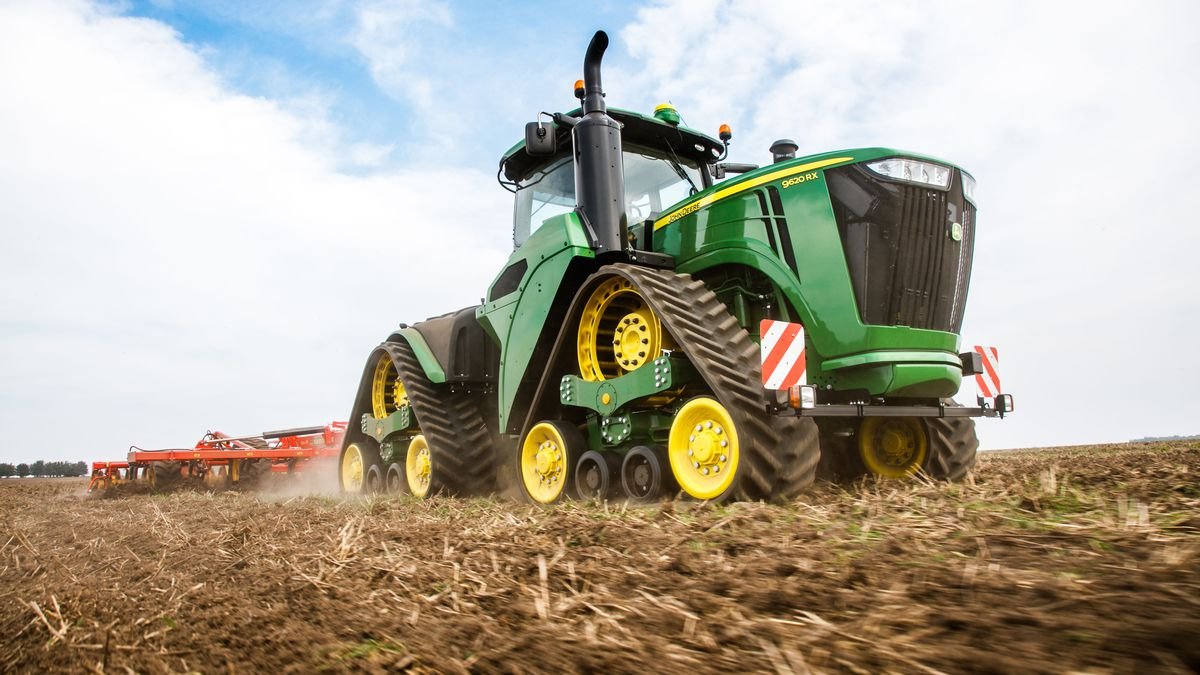New Delhi, May 17: According to a senior official of farm equipment major Escorts Ltd, with the second wave of the COVID-19 pandemic hitting rural areas, tractor sales will be impacted in the short term, but in the second half of the fiscal, it is likely to pick up to give the industry a mid-single digit growth.
The company, which has a joint venture with Japan’s Kubota, anticipates a 55% increase in exports in 2021-22, with Europe serving as one of the main drivers, and it plans to enter markets in South East Asia and Brazil via its flagship.

“Unlike the first phase (of COVID-19), where the impact was minimal in the rural market, the impact this time is far-reaching. It affects not only the urban area, but channel partners and dealerships are also closed as a result of state lockdowns. Clearly, this will have an impact; it is more severe and will affect everyone,” Escorts Ltd Group CFO Bharat Madan told PTI.
He was responding to a question about how the second wave of the pandemic will affect tractor sales.
“I believe this will have an effect in the short term. The first quarter will undoubtedly bear the brunt of this, but in the second half, we should see demand returning, as we did last time, when we had a lot of pent-up demand after the lockdown,” he added.
While the sowing season has yet to begin, Madan believes that the “sowing season may not really be that sort of good numbers this time,” but that “the next season and H2 will make up.”
When asked if the high growth of the previous fiscal year could be repeated, he said, “that doesn’t look likely at all because the base itself has gone up so high now because the industry reached a new peak last year.”
Tractor Solutions Resolve
However, Madan stated that “all of the rural factors on the agriculture side are still positive,” and that “this will give a mid-single digit sort of growth over last year.”
According to the Federation of Automobile Dealers Associations (FADA), tractor registrations increased by 16.11 percent in 2020-21 to 6,44,779 units, up from 5,55,315 units in 2019-20.
“Overall, it still appears to be positive because nothing has changed on the ground in the rural area. As of now, all emotions are positive. It is a question of how quickly we can resolve this issue so that people can be relieved and vaccinated,” Madan said, adding that “we have to keep our fingers crossed that there is no third wave that is more severe than what we have seen.”
On the subject of exports, he stated, “Today, we are doing 500 plus tractor exports every month.” So we’re expecting a good year this year, with 6,000-7,000 units sold as opposed to 4,000-4,500 last year.”









































